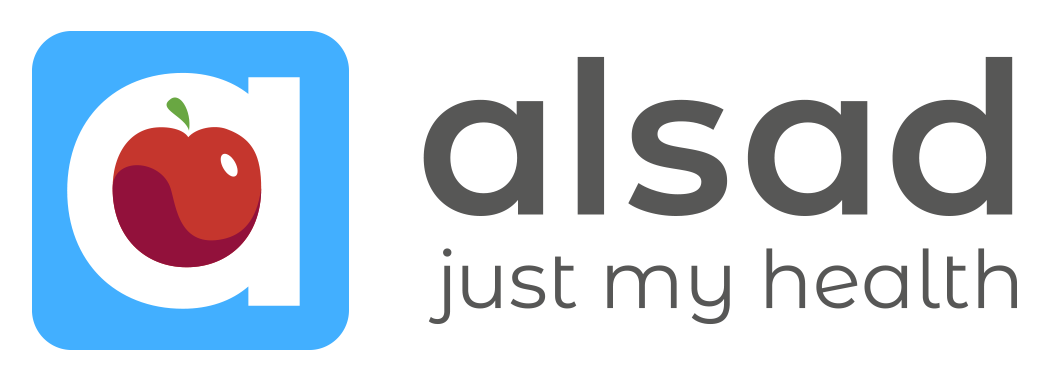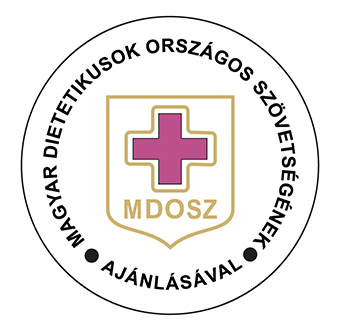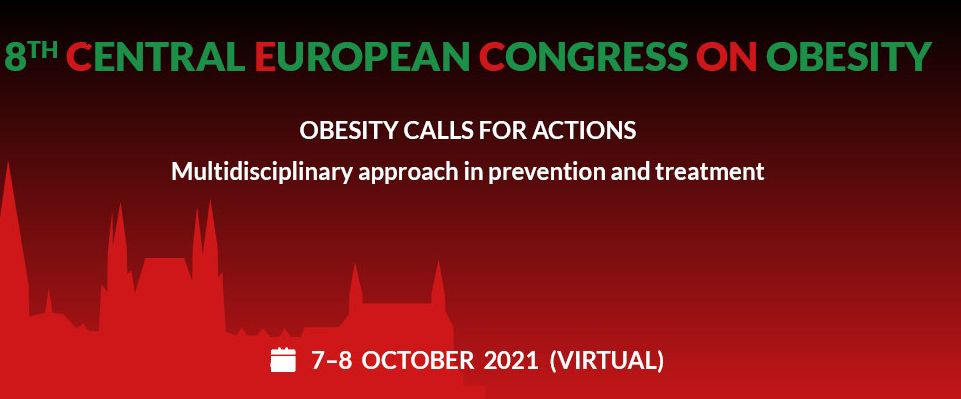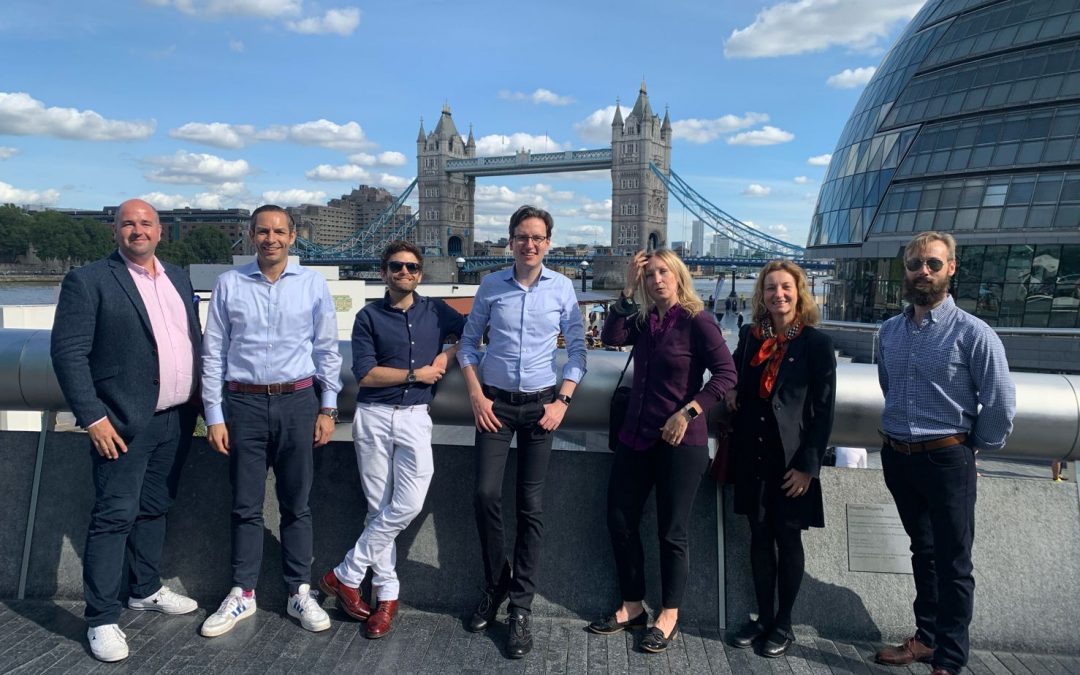The COVID-19 pandemic highlighted many problem points in current healthcare, and also forced both clinician and patient to act differently. They had to find methods without touch and personal meetings, which can still maintain the relationship between doctor and patient. Doctors who were afraid and avoiding digital tools, together with patients with similar approach were also forced to use technology, which often had the result that their worries were unfounded. Others realised the value of health during the months of pandemics, and hopefully some of them also acknowledged that prevention is easier than treatment.
Our interview with Dr. Peter Szegheo, Medical Director of Ormos Institute (private hospital in Budapest) covers various issues including chronic conditions, obesity, lifestyle, setting a positive example and change – as both doctor and patient will suffer if necessary changes are not made.
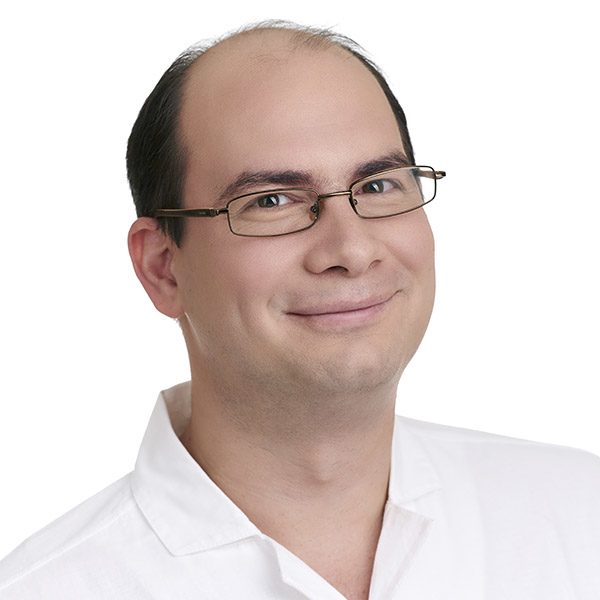
Our interview with Dr. Peter Szegheo, physician and Medical Director of Ormos Institute (private hospital in Budapest) covers various issues including chronic conditions, obesity, lifestyle, setting a positive example and change – as both doctor and patient will suffer if necessary changes are not made.
Patients with a chronic condition are in a particularly difficult situation during a pandemic. How does Ormos Institute support them, and who are the typical users of your services?
Anyone can contact us having a condition covered by our healthcare services. We offer quality patient care, dedicating much more time and attention than average.
Patients who have a chronic condition are always in a special situation as they need continuous monitoring to avoid further deterioration of their condition. Their condition usually cannot be cured or require very long time to be cured. There is an additional challenge: their condition often does not cause symptoms which need immediate attention from their doctor, which means they often ignore slow deterioration of their overall health status. A good example is hypertension: many of us do not even think about it as a „disease”, but diabetes may also be similar. These two conditions can also cause chronic kidney failure, which is also a condition which may not cause immediately noticeable problems.
Obese people also need continuous support. If they recognise the need for a change, they really, really need external support: place, specialist, motivation, IT support, anything they can rely on if the wish to get rid of their extra weight on long time.
The pandemic situtation, especially the lockdown period in spring had a very visible effect on patients and care teams: they were separated like being on two banks of a river, and this river had no bridges. We had to build these bridges to connect patient and doctor again, and the biggest help came from IT to build these connections. We set up and operate IT systems which enable us to support our patients without face-to-face meetings.
Digital transformation immediately appeared in almost all domains of healthcare in 2020. E-prescriptions enabled pharmacists to use cloud data to serve patients. New regulations were applied to remote diagnostics and telecare. New software and patient support tools emerged, the focus was on tools which work without personal meetings or at least with fewer personal meetings. But how did doctors and patients reacted to this, and which tools were evaluated as efficient and useful after the pandemic period?
We need to know that the healthcare sector has a very sceptical approach to any innovations which substantially changes routines and existing protocols. It is particularly true for systems which navigate information exchange to digital and telecommunication channels, to replace personal meetings between doctor and patient. However, initial distrust may evaporate if an IT system is easy to use, proven to be efficient and makes daily work easier.
Some tools like teleradiology solutions already proved their efficiency, telemetry is effectively used to monitor diabetes or cardiovascular conditions, while other well-established solutions are supporting medical decision-making processes. Cloud-based, well-accessible healthcare data management services are also excellent, and I think also cost-effective. Information exchange speeds up, and this may also reduce the number of unnecessary, duplicated examinations. Smart devices in our pockets also have a potential currently unutilised: if these were well used, we could access large masses to open a new door for prevention and health awareness. We tested various digital channels as new means of communication between patient and doctor during the pandemic, solutions like telephone or videoconferencing tools.
As we know more and more about COVID-19 infections, the more aware we are that many of us now pay an incredibly high price for their inadequate lifestyle or if they neglected to manage their health condition. Badly managed diabetes, hypertension or extreme obesity are all factors which increase the risk of having serious complications if someone has a coronavirus infection. However, it is never too late: what can we do to improve our health condition now?
We are still in the learning curve about COVID-19 globally. However, we are in a much better position, comparing the current situation to previous pandemics like plague or Spanish flu. Our healthcare knowledge, development level of our infrastructure, or even our ability to react is much better than any earlier periods of history.
Experience and data gathered about COVID-19 disease is already huge, and the speed of information exchange can be now measured in seconds, not years. Information about the disease spreads faster than the infection itself. There are two factors identified which definitely worsen the process of COVID-19 disease: one is Vitamin-D deficiency, the other is obesity. Vitamin D deficiency is easy to fix: you go to the pharmacy, buy D3 vitamin and start taking it on a regular basis. Of course, there are rules and limits I would not explain here, however, this factor is easy to manage, but obesity is a more complex problem. Despite of some opinions, obesity is NOT trendy and not beautiful, no, please do not be proud of it, and not something which makes you a role model. WHO defined obesity as an illness, obese people are ill, have a complex condition which has an impact on their metabolism, mental state, interpersonal behaviour, and all these factors influence their excess weight, while this condition is also the root of several other illnesses and reduces substantially the number of healthy years of an individual.
Obese people usually also get diabetes, their blood pressure increases and their limbs deteriorate. Depression, heart failure or cancer is also more widespread in obese communities. Reading this might sound shocking, but I must also tell you that young obese people, who are probably the ones who need to do the most about their health, seem not really interested in these warnings. People start realising that they need to do something about their obesity when they get between 40 and 60 years of age. I think there are no such things as too early or too late to do something about obesity, everyone wins who wakes up to realise the wrong way and do something against the situation.
Diabetes, hypertension, heart failure or arteriosclerosis are consequences which need continuous medical attention and monitoring at home, and worsen quality of life. The best way is to prevent these conditions rather than treating them.
We developed our lifestyle advisory software in a way to offer help in several areas – diet, menu planning, exercise or logging data related to a particular condition. This application is now used by Ormos patients by several months. Do you have some initial feedback and experience?
People who wish to lose weight really like the application, learn it quickly and surprised that they eat great food, cook variably, and, what a miracle, their weight starts to decrease. No other systems were able to offer this.
They learn from practice that long term weight management is not a surge action, not about starving, „null diet”, a mountain of restriction or other forms of unsustainable self-torture actions, but a focused, planned dietary regime.
It is also useful if the individual selects some form of physical activity as well, but again, it is not a plan to run a marathon from Monday to Wednesday or undertake the level of challenge our body is not ready for. Exercise regime should also be built gradually, and possibly in a way to avoid negative experiences.
You can expect long-term results only if diet and exercise are combined in a way that they are easy and enjoyable as routines. This is our goal, and this is why mental state of patients is also monitored within the application, which is really unique.
Some months ago we wrote about the experience of Laszlo Varga, CEO-Founder of ALSAD Medical, where he told his personal story about how he had to get things right in his own life. We are aware that unfortunately there are several obese doctors, as they say they have no time for healthy lifestyle or diet. But some of them recognise this in time and initiates changes – at least they have proper medical knowledge to do this. Without being nosy, can we mention that you also have some personal experiences about challenges to lose some excess weight. Do you mind to share a few words about this, which might also help patients to start this journey? Personal influence of doctors- who are also humans – may be successful when it comes to convincing others to change their lifestyle.
I think that only people who are concerned themselves can talk in a trustworthy, empatic way and can feel the real mental depths of this condition. As a person who can gain weight easily I am well aware what active weight control means, as well as discrimination from childhood. It is so easy to tell that obese people lack willpower and they are lazy, but this condition is much more complex, and blame those who struggle to normalise their weight indicates total lack of empathy and knowledge.
If someone is desperate to lose weight, can make terrible mistakes. These mistakes thenb backfires and put the person wishing to lose weight in a hopeless position. However, do not blame the obese person, but those „magic methods”, quick diets, magic powders or pills which promise unbelievable level of weight loss within unbelievable period of time, which is not real and not sustainable.
Those magic methods usually do not tell what comes after the initial period, as it normally ends up in a way that all lost stones (with some additional ones) come back within a few months, after the tiresome, body and soul torturing „weight loss course”, and the disillusioned weight watcher finds some comfort in the fridge. I do not exaggarate if I say that tried all weight management methods and options over the years, one was worse than another, and decades went without any result. I had to recognise that „one-off slimming diets” have a place only in some martial arts, where you need to fit into a certain weight range, for the time of the tournament, at any price.
One-off slimming diets are not the answer to cure obesity. Anyone thinking for long-term, should delete „slimming diet” from the terminology. A method should be chosen which can be easily maintained, not drastically different from lifestyle routines, does not bring negative experiences and sustainable for long years.
I started with an „analogue version” of the ALSAD system, which was finally successful, losing 25 kgs over several years, and this was the first time I felt that there is a way to avoid the situation when you are drowned in your own fat. However, you need to monitor the result and I do not particularly like to show my example as a role model for obese patients coming to me for medical advice. What they can expect from us is a package of professional nutritional assistance, an excellent IT solution and the professional and emphatic support of an involved clinician.
Once we get over this pandemic, do you think this period makes people more health-aware? Will they dedicate more attention to their health? Or, do you think they keep the digital tools they now accustomed to (and hopefully like)?
Health awareness is now becoming a kind of a trend in some communities, however, without professional support people have lots of false information about how to do that well. If you get accustomed to using some tools, inserting them into your daily routines, that is difficult to let go. We feel that ALSAD is one of those tools. The number of users is continuously growing, and we think it will go „viral” as users start recommending it to their friends and family members, sharing their experience about how they used it and how they achieved results. If this application can contribute to achieve a measurable result regarding the current level of obesity in the Hungarian society, that would bring a unbelievably high value in prevention.
Sooner or later more and more doctors will recognise the values of this system, and use in treatment of their obese patients. Let’s face it: barking the instruction of „You are overweight, start losing some weight first!” from the other side of your desk is worth nothing. The fact about the patient being overweight was confirmed, which was probably not a novelty for the patient. Therapy was actually not provided.
Do you also see some possibility that ALSAD and similar digital tools become more widespread in the public health system, supporting the everyday life of Hungarians? Or, are you aware as a doctor about any best practices in other countries where software, applications or smart devices are used in publich health?
The whole of Hungarian society would benefit from increased awareness of the ALSAD application, and people would have a more conscious approach towards diet, lifestyle and weight control. My current experience is that in Hungary, where preventative approach in publich health would be a necessity, current level prevention often does not exceed the statement of steretypes by doctors, to which patient usually react with a yawn. The current healthcare system is unable to achieve a substantial change regarding prevention, as the healthcare infrastructure is overloaded, the communication strategy towards patients is usually inadequate, missing the main target groups or making several communication errors.
Considering these, we might acknowledge that this would not be a task for healthcare workers. People in white uniforms are usually not mass communication specialists, however, but it should be stated that real publich health impact can be made by well-communicated, strategic messages, tailored to the right target groups. Therefore, it should not be ignored or neglected, stating that „well, we had said that” then acknowledging the fact that there are no results.
Prevention should not be started at the age of 75. Therefore, we have to reach out for the young, and they really like using smart devices and IT in their everyday life.
Unfortunately we find several people amongst my fellow doctors who think smart devices are the „necessary evil” or even as a risk factor to develop certain conditions, rather than a communication gateway to younger generations. In countries of Western Europe, public health systems started to support strategic health initiatives with IT solutions and applications. An example: the United Kingdom is a nation having one of the highest rate of obesity, so campaigns about „losing weight and promoting healthier diet” have been recently started. However, we might also say that this was also triggered by Boris Johnson’s recent, complicated coronavirus infection.
It is also worth mentioning the initiatives in Germany, where prevention is a priority issue, and it is supported by the „App auf Rezept” campaign. It might sound futuristic that a doctor prescribes a software application for a patient, but why not? 2020 proved that this is absolutely reasonable. Global trends increasingly reflect digitalisation, and the healthcare sector should follow this, rather than being left behind, missing out on future opportunities. Healthcare should utilise the new devices in order to serve a healthier society.
